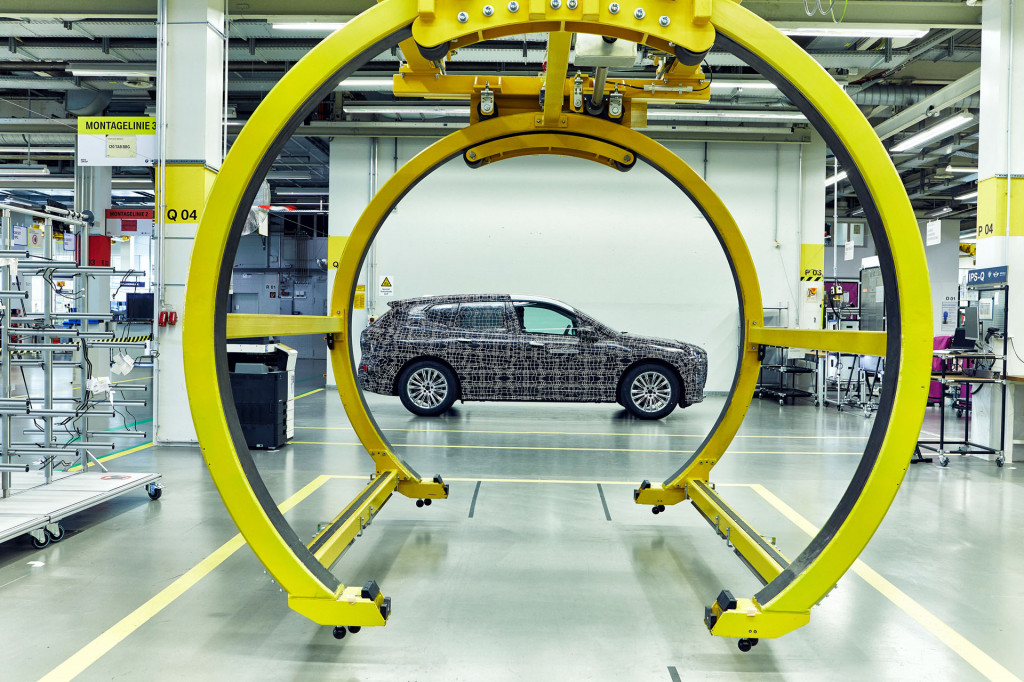Like most other facets of society, the auto industry has been disrupted by the ongoing coronavirus pandemic. Factories have shut down, or retooled to make medical equipment. Sales are plummeting amid a major economic downturn, and low gas prices could hurt fuel-efficient vehicles in particular.
So what does this mean for the major investments many automakers have promised for emerging technologies, including electric powertrains?
A new survey from research firm IHS Markit suggests automakers and suppliers already expect the pandemic will lead to a cut in EV tech spending.
The survey predicted an overall decrease in automaker development budgets for 2020 and 2021, by an average of 13% and 8%, respectively. It also predicted an average 17% decrease in "advanced research" budgets for 2020, and 12% for 2021.
Electric cars will be hardest hit by these cuts, according to the survey.
Of the automakers and suppliers surveyed, 22% listed electric-powertrain technology as the area most likely to be negatively impacted. This seemed to be linked to an expectation that fuel-economy and emissions regulations would be relaxed, particularly in Europe, IHS Markit noted.

BMW iNext Pilot Plant
About 98% of respondents indicated the pandemic would have some impact on regulations, specifically short-term emissions reduction targets for Europe, according to the firm.
Respondents expect that automaker financial trouble brought on by the pandemic-induced sales slump will force officials to relax rules.
European automakers have already had trouble meeting tougher carbon-dioxide emissions rules, in part because crossovers are becoming a bigger part of their fleets. Crossovers are heavier and less aerodynamic than conventional cars, hurting efficiency, but also popular with buyers.
Spending cuts may help automakers survive in the short term, but it may end up giving Tesla an even stronger technology lead. The Silicon Valley firm is already believed to be years ahead of its rivals in some key areas, and halting development work will make it more difficult to close that gap.
While the United States has loosened some emissions regulations, it's unclear if continuing further down that path will be tolerated. In the context of a respiratory-illness pandemic additional easing of air-pollution limits could be seen as a slight to public-health threats.












